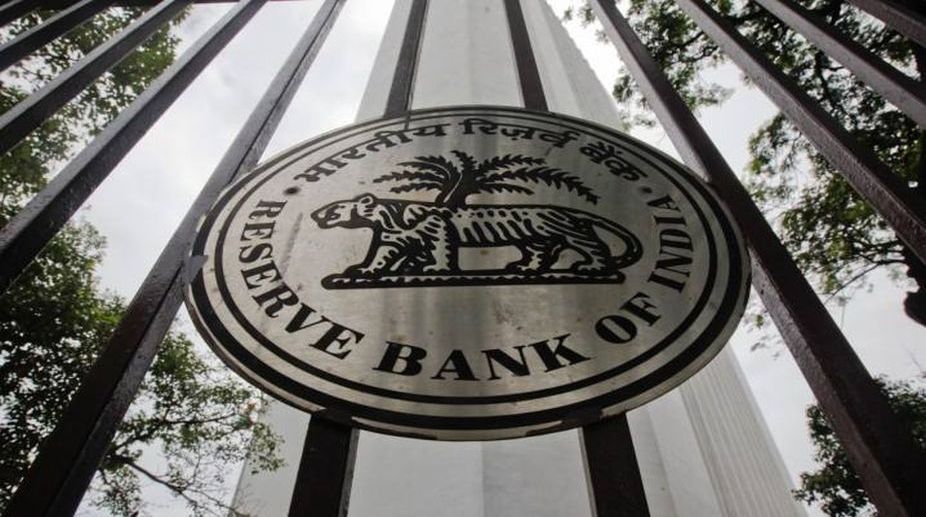Indian stock markets shut for Eid celebrations
Indian stock exchanges are shut Thursday for Eid, with normal trading activities resuming Friday.

Representational Image (Photo: Facebook)
Sounding a clear note of caution on rising crude oil prices pushing inflation, Chief Economic Advisor (CEA) Arvind Subramanian has toned down his earlier vocal expectation of a rate cut by the Reserve Bank of India (RBI) ahead of the central bank’s final bi-monthly monetary policy review of the fiscal due to be annouced next week.
In an interview here with CNBC TV18 following the release of the Economic Survey 2017-18 authored by him, Subramanian said that with retail inflation edging past the RBI’s median target of 4 per cent, the “cycle has turned”.
“Relative to the last 18 months when we consistently undershot our inflation target, now we are at or close to that. So clearly, the case for easing is now less persuasive…we seem to be close to the inflation target,” he said.
Advertisement
At the fiscal’s penultimate policy review in Mumbai last month, the RBI maintained the status quo on its key lending rate for the third time in succession at 6 per cent, citing concerns on the rising trajectory of inflation. The central bank also raised the inflation forecast for the remainder of the current fiscal to 4.3-4.7 per cent.
The continuing rise in food and fuel prices pushed India’s annual retail inflation rate over the five per cent mark in December, to 5.21 per cent, from 4.88 per cent in November.
In this connection, the CEA hinted that the government’s fiscal deficit target of 3.2 per cent of the gross domestic product (GDP) could be exceeded this year in the lead up to the 2019 general elections.
“May involve a bit of a (fiscal) slippage, may not, we will have to see but that is for this year. For next year, I have said three things. One the fact that it is an election year does not mean fiscal populism and I think everyone is on board, no fiscal populism,” he said.
“The second point made very clearly is that if you look at the pure economic cycle now, you would in-principle and I would argue for an ambitious fiscal consolidation on economic grounds because inflation is higher, output is higher, output gaps are closing, and there is more volatility and external uncertainty and therefore, consolidation,” he added.
The Economic Survey cautioned that ambitious targets of fiscal consolidation for the pre-election year be avoided.
“Reflecting largely fiscal developments at the Centre, a pause in general government fiscal consolidation relative to 2016-17 cannot be ruled out,” it said.
On the most disruptive measure since Independence — demonetisation, which, along with GST, “decoupled” the Indian economy from the rest of the world for around four to six quarters — the Survey said that carrots rather than sticks should be the mainstay of government policy in cleaning up the economy.
“I think both in terms of the informal sector, of exports, also GST, there were transitional costs (of demonetisation). I think no one can deny that, but let us see the other side of the ledger, what the benefits are going to be,” Subramanian said.
Advertisement